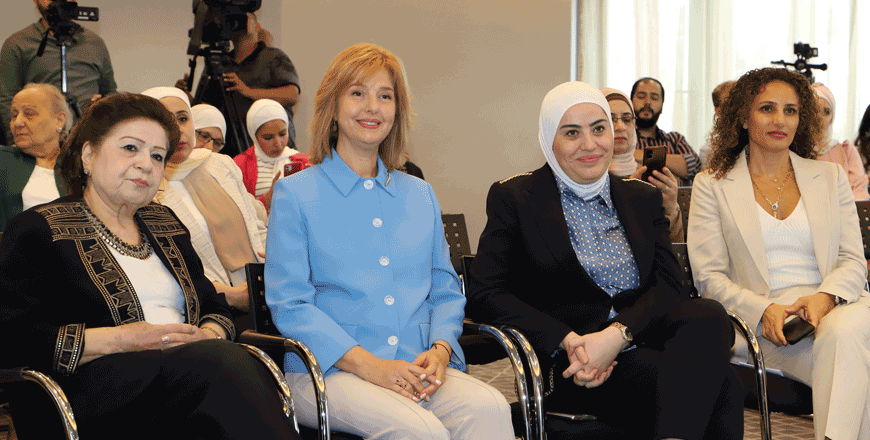You are here
Jordan makes ‘considerable progress’, challenges remain — IMF
By JT - Jul 30,2017 - Last updated at Jul 30,2017
AMMAN — Jordan’s economy is expected to grow by 2.3 per cent in 2017, according to projections by the International Monetary Fund (IMF), which highlighted the challenging environment facing the Jordanian economy, including below-potential economic growth, high unemployment and difficult social conditions.
In a report on its website following the conclusion of the Article IV consultation with Jordan, the IMF said inflation in the Kingdom is expected to stabilise at around 2.5 per cent by the end of the year, with the current account deficit expected to gradually decline, supported by structural reforms and fiscal consolidation.
Despite “considerable progress and recent improvements”, the outlook “remains challenging”, the organisation said, adding, however, that indicators for the first few months of 2017 showed a recovery in exports, tourism receipts and remittances relative to 2016.
The IMF’s executive directors commended the Jordanian authorities for “preserving macroeconomic stability and external viability, reducing the fiscal deficit, maintaining prudent monetary policy and ensuring a sound financial system”.
They stressed the importance of implementing policies and reforms to bring public debt towards more sustainable levels, boost investment and productivity, and enhance inclusive growth, the report read.
The directors were encouraged by the authorities’ commitment to continue to remove exemptions on the general sales tax and customs duties, underlining the need for supporting these efforts with reforms to tackle tax evasion and increase compliance, rationalise expenditures while strengthening social safety nets, contain contingent liabilities and enhance oversight of PPPs, sustain reforms in the energy and water sectors, and improve debt management.
They stressed that these reforms are crucial to preserve macroeconomic and external stability, place public finances on a sounder foundation, and lessen risks to debt sustainability, according to the report.
Directors generally considered the monetary policy stance to be appropriate and that the exchange rate peg continues to be an important anchor for the economy, and urged the authorities to stand ready to increase interest rates in the event of persistent pressures on international reserves.
The IMF’s directors stressed the need for reforms to enhance competitiveness and inclusive growth, according to the report.
They added that the development of a financial inclusion strategy, along with greater facilities to support credit and enactment of the secured transactions law, would help enhance access to finance and support investment.
Simplifying regulatory processes and enacting the inspection law would also improve the business environment, they said, calling for advancing reforms to lower the formal cost of labour to promote greater employment opportunities, particularly for young people and women.
Directors also called for greater donor assistance to help Jordan cope with the refugee crisis and support the program’s debt reduction and inclusive growth objectives.
Under Article IV of the IMF’s Articles of Agreement, the IMF holds bilateral discussions with members, usually every year. A staff team visits the country, collects economic and financial information, and discusses with officials the country’s economic developments and policies. On return to headquarters, the staff prepares a report, which forms the basis for discussion by the Executive Board, according to the fund’s website.
Related Articles
AMMAN — Deputising for HRH Princess Aisha Bint Hussein, Social Development Minister and Head of the Ministerial Committee for Women's Empowe
AMMAN — Jordan will receive $166.4 million as the second disbursement of the $700-million Extended Fund Facility following the International
AMMAN — The Jordanian economy has performed favourably under a difficult external environment, as macroeconomic stability and external viabi

















